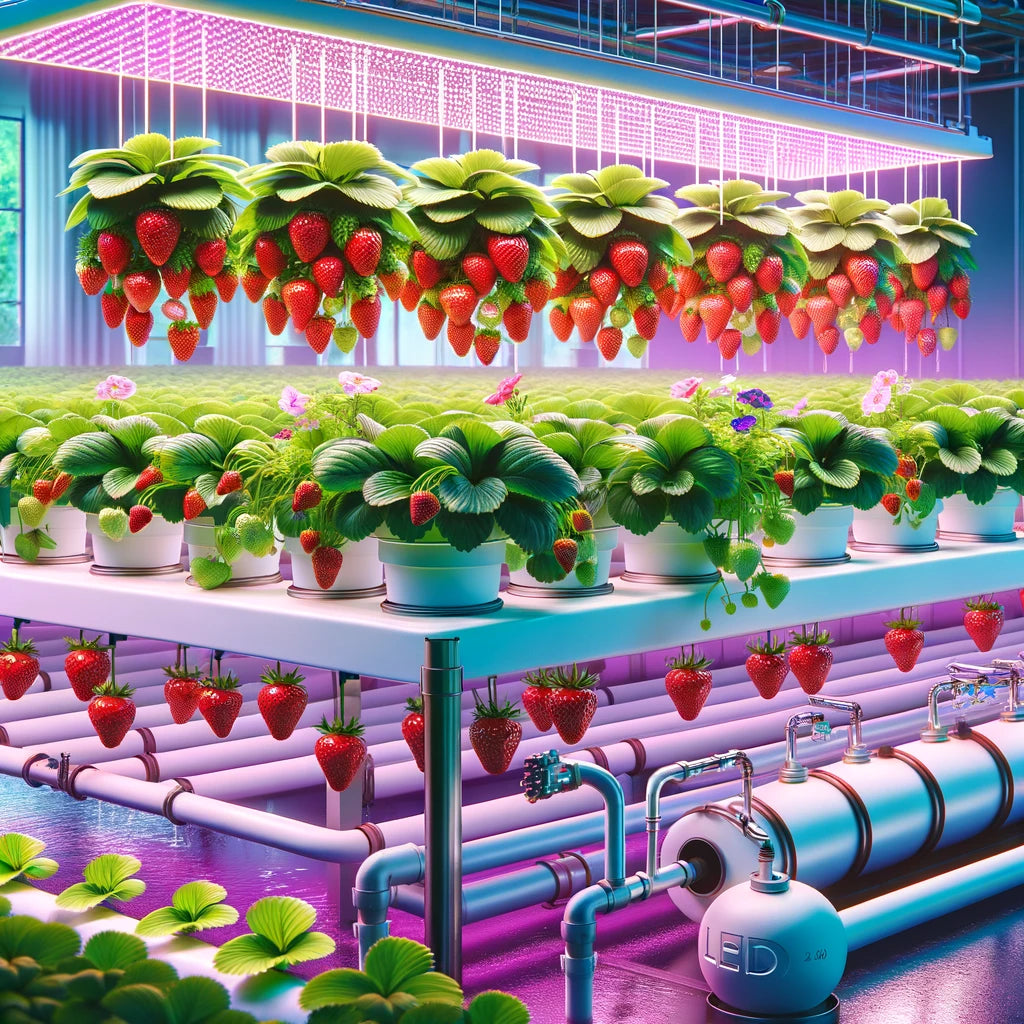What Nutrients Do Plants Need? Essential Nutrients for Plant Growth
Plants, the silent sentinels of our planet, play a crucial role in maintaining the delicate balance of ecosystems. Their ability to transform sunlight into energy, known as photosynthesis, forms the basis of the food chain and supports the existence of all living organisms. Just like humans, plants require essential nutrients to thrive and fulfill their vital functions. Understanding these nutritional requirements is paramount for cultivating healthy and productive gardens.
Macronutrients: The Building Blocks of Plant Life
Macronutrients are the primary nutrients plants need in large quantities for optimal growth and development. These essential building blocks are categorized into three main groups:
- Nitrogen (N):
Nitrogen is the cornerstone of plant proteins, including amino acids, which form the foundation of enzymes, hormones, and other vital compounds. It is responsible for the lush green color of leaves and contributes to vigorous plant growth.
- Phosphorus (P):
Phosphorus plays a critical role in energy transfer and storage, enabling plants to efficiently utilize sunlight for photosynthesis. It also promotes root development, flowering, and seed formation.
- Potassium (K):
Potassium serves as a regulator of cellular processes, maintaining water balance and opening and closing stomata, the tiny pores on leaves that control gas exchange. It also enhances disease resistance and strengthens cell walls.
Micronutrients: The Unsung Heroes of Plant Health
Micronutrients, though required in smaller amounts, are equally essential for plant health and productivity. These trace elements perform specialized functions that contribute to overall plant well-being:
- Iron (Fe):
Iron is indispensable for chlorophyll production, the green pigment that enables photosynthesis. It is also involved in enzyme activity and respiration.
- Boron (B):
Boron facilitates cell division, nutrient uptake, and carbohydrate transport. It is crucial for pollen development and fruit formation.
- Copper (Cu):
Copper plays a vital role in enzyme activity, respiration, and stress tolerance. It also contributes to the production of chlorophyll.
- Zinc (Zn):
Zinc regulates hormone production, growth processes, and carbohydrate metabolism. It also enhances disease resistance.
- Manganese (Mn):
Manganese protects plants from free radical damage, a type of cellular injury caused by reactive oxygen molecules. It is also involved in photosynthesis and nutrient uptake.
- Molybdenum (Mo):
Molybdenum is essential for nitrogen fixation, the process by which plants convert atmospheric nitrogen into usable forms. It also plays a role in enzyme activity.
- Chlorine (Cl):
Chlorine helps maintain water balance and stomatal function, regulating the exchange of gases between plants and the surrounding environment.
Optimizing Nutrient Availability for Healthy Plant Growth
Optimizing nutrient availability for healthy plant growth is essential for maintaining a thriving garden and ensuring bountiful harvests. Plants require various nutrients to grow and function properly, including macronutrients like nitrogen, phosphorus, and potassium, and micronutrients like iron, zinc, and manganese. Each nutrient plays a specific role in plant growth and development, and deficiencies can lead to stunted growth, reduced yields, and increased susceptibility to diseases.
Here are some key strategies for optimizing nutrient availability for healthy plant growth:
Soil Testing: The first step to optimizing nutrient availability is to understand the nutrient status of your soil. A soil test provides valuable insights into the levels of macronutrients and micronutrients present in your soil, allowing you to identify any deficiencies or imbalances that may be hindering plant growth.
Organic Matter Management: Incorporating organic matter into your soil, such as compost, aged manure, or leaf mold, is a great way to improve soil structure, water retention, and nutrient content. Organic matter releases nutrients slowly over time, providing a sustained source of nourishment for plants.
Appropriate Fertilization: While organic matter can provide a significant portion of a plant's nutrient needs, supplemental fertilization may be necessary in some cases. Choose fertilizers that are appropriate for the specific plant species and soil conditions. Avoid over-fertilization, which can lead to nutrient leaching and harm the environment.
Proper Watering: Watering is crucial for nutrient uptake, as it dissolves nutrients in the soil and transports them to the plant's roots. Water plants regularly and deeply, ensuring that the soil is moist but not soggy. Avoid overwatering, which can lead to nutrient leaching and root rot.
Monitoring Plant Health: Regularly observe your plants for signs of nutrient deficiencies, such as discoloration of leaves, stunted growth, or poor flowering. Early identification of nutrient deficiencies allows for timely corrective measures to prevent further damage.
Crop Rotation: Practicing crop rotation helps to break pest and disease cycles and replenish soil nutrients. By rotating different plant families in the same area, you can prevent nutrient depletion and promote overall soil health.
Cover Cropping: Planting cover crops during the off-season can enhance soil fertility and nutrient availability. Cover crops, such as legumes, have the ability to fix nitrogen from the air, adding valuable nitrogen to the soil for subsequent crops.
Mulching: Applying a layer of mulch around your plants offers several benefits, including conserving soil moisture, suppressing weeds, and regulating soil temperature. Mulch also helps to prevent nutrient leaching and erosion, keeping valuable nutrients in the root zone.
pH Management: Maintaining an optimal soil pH is critical for nutrient availability. Most plants thrive in slightly acidic to neutral soils (pH 6.0 to 7.5). If your soil is excessively acidic or alkaline, consider using soil amendments to adjust the pH to the appropriate range.
Seek Expert Advice: If you encounter persistent nutrient deficiencies or have concerns about soil fertility, consult with a local agricultural extension agent or horticulturist. They can provide expert guidance on soil testing, nutrient management, and sustainable gardening practices.
By implementing these strategies, you can create a nutrient-rich environment that supports healthy plant growth, promotes bountiful harvests, and contributes to a thriving garden ecosystem.
Common Signs of Nutrient Deficiencies
Nitrogen deficiency: Stunted growth, yellowing leaves
Phosphorus deficiency: Weak stems, poor fruit development
Potassium deficiency: Wilting, curling leaves
Calcium deficiency: Stunted growth, weak stems, premature fruit drop
Magnesium deficiency: Yellowing leaves, especially between the veins
Sulfur deficiency: Stunted growth, pale leaves
Iron deficiency: Yellowing leaves, especially between the veins
Boron deficiency: Stunted growth, deformed fruits, reduced yields
Copper deficiency: Stunted growth, poor flowering, reduced yields
Zinc deficiency: Stunted growth, small leaves, reduced yields
Manganese deficiency: Yellowing leaves, especially between the veins, reduced resistance to pests and diseases
Molybdenum deficiency: Rare in plants
Chlorine deficiency: Stunted growth, wilting, reduced yields
If you see any of these signs, you may need to adjust your fertilization or watering practices.
Plants, like all living organisms, require essential nutrients to thrive. Understanding the role of macronutrients and micronutrients in plant growth is crucial for cultivating healthy and productive gardens. By optimizing nutrient availability through soil testing, organic fertilizers, proper watering, and vigilant observation, we can nurture the silent sentinels of our planet, ensuring their continued contribution to the delicate balance of life on Earth.
Remember, healthy plants are the foundation of a sustainable and productive garden.




